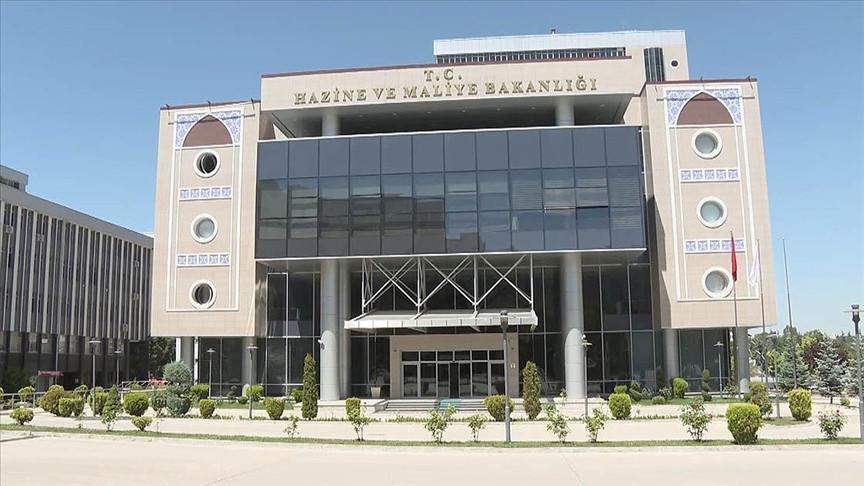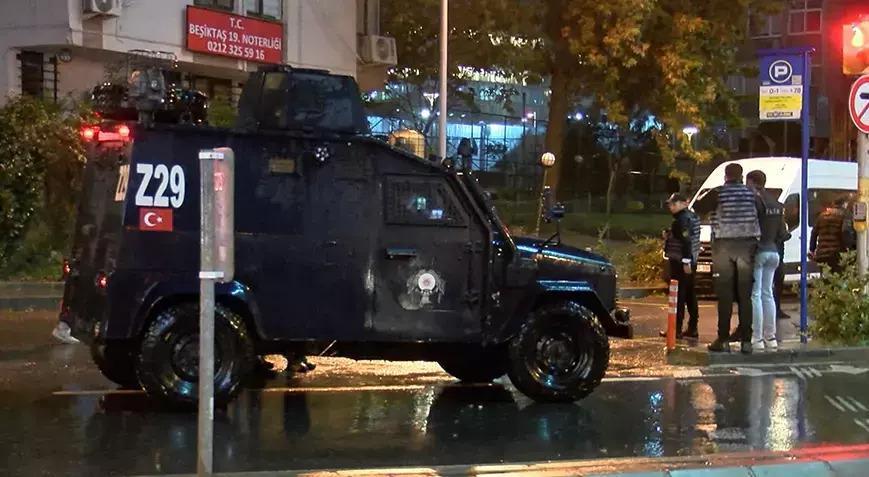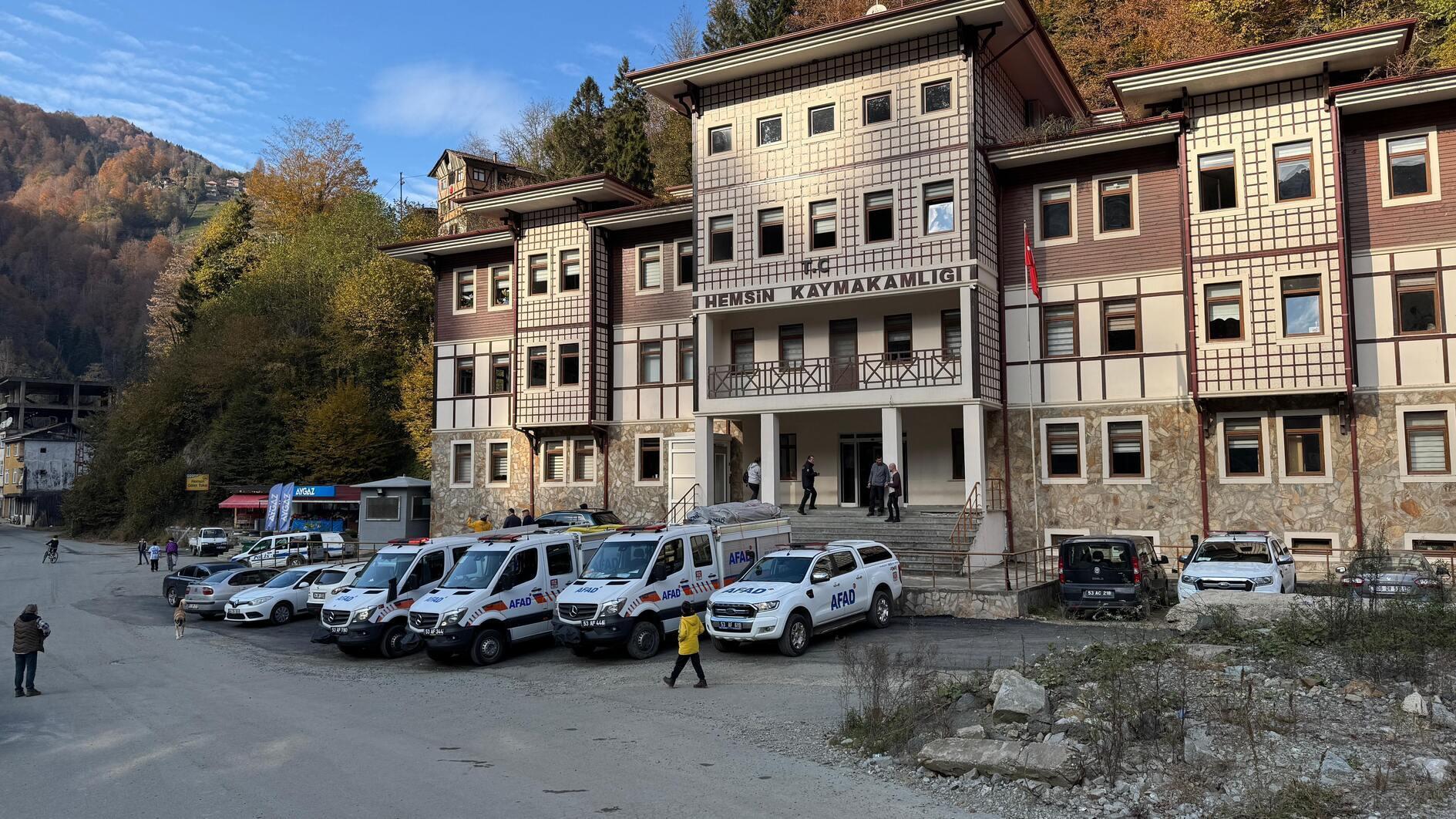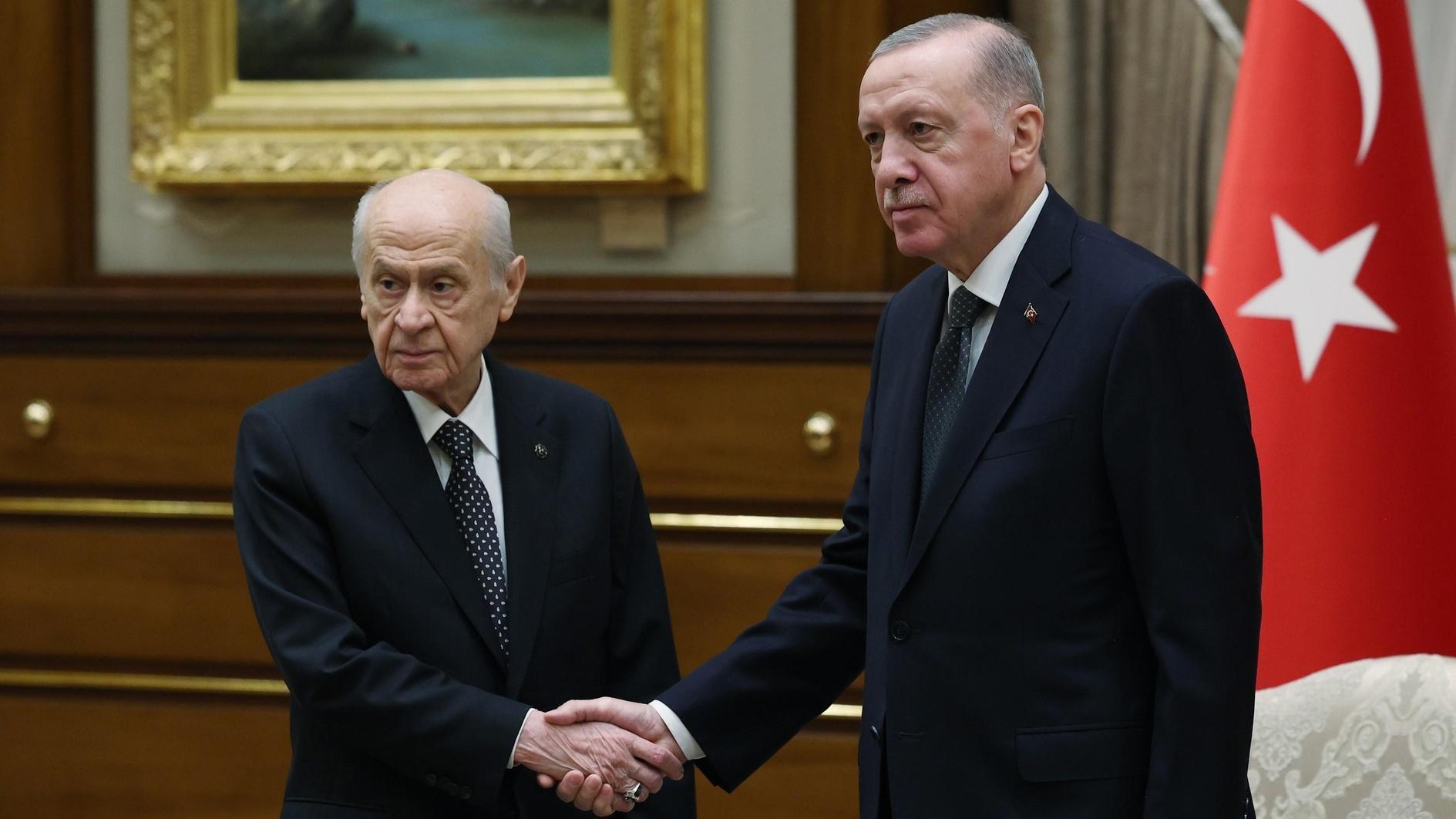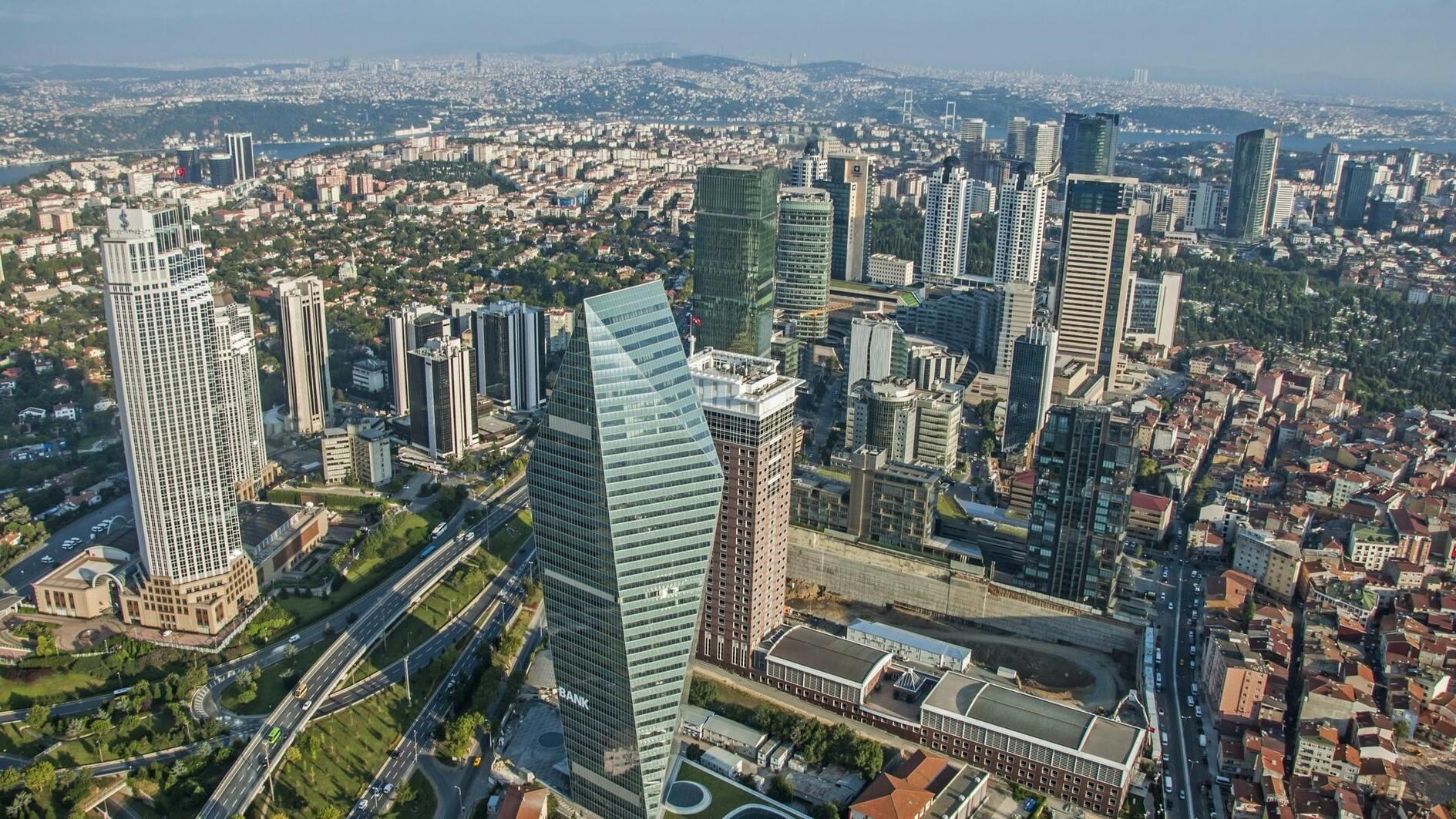Why does the US remain distant on Syria?
French Foreign Minister Laurent Fabius sounded sincere when he said that the West had “failed” in its estimations about the endurance of the Bashar al-Assad regime in Syria. France has been one of the most active members of the NATO alliance, together with Turkey, to help the Syrian opposition organize a formation that could be a viable alternative to the Baathist regime in Damascus. That is a disappointment for both Fabius and Davutoğlu, too. The two ministers had their last talk on the evening of Jan. 26 and made a rendezvous Feb. 3 in Munich during the Security Conference there.
He was supposed to meet with Turkish Foreign Minister Ahmet Davutoğlu to talk about Syria (in addition to Turkey’s EU matters and Mali), but that failed too. Davutoğlu was a bit late due to a security meeting in Istanbul on the Kurdish issue chaired by Prime Minister Tayyip Erdoğan and Fabius had to rush to Mali to escort French President Francois Hollande; Syria was no longer the top priority for the two.
A major source of disappointment for them is the U.S. U.S. President Barack Obama openly put the brakes on when he launched his campaign for November 2012. That created some hope among allies, including Turkey and France, that Obama might take a tougher stance once he was re-elected. He did not. At the Munich Conference, new Secretary of State John Kerry, who replaced Hillary Clinton, was not there. Vice President Joe Biden was there but Davutoğlu, who was sitting right next to him during the official dinner, seemed not to convince him of much. Three days ago, on Jan. 30, Israel had hit Syrian targets – under the knowledge of the U.S. – in a kiss of life to Assad and a blow to the unity of the Syrian opposition, which was already starting to fall to shambles. Davutoğlu had already reacted strongly to the indifference of the West.
The Munich conference, on the other hand, witnessed another interesting development about Syria. That was the meeting between Russian Foreign Minister Sergei Lavrov with the head of the Syrian National Coalition, Moaz al-Khatib. It was the first official meeting of Russians as the most relevant supporter of the Syrian government with Assad’s rival; a clear move to force Assad in a power transition as smooth as possible under the circumstances.
The circumstances are harsh. The number of Syrians killed in the civil war of almost two years now has exceeded 60,000. An estimated 750,000 Syrians seek refuge in neighboring countries and around 200,000 are in Turkey, which shares a joint border 910 kilometers long. Parts of important cities in the country have been ruined along with infrastructure and people have very little access to basic services. Almost a quarter of the army has escaped and some of them joined forces with the opposing Free Syrian Army.
But the core of the Army is there, with all its missiles and chemical weapons capabilities, perhaps the strongest reason for the U.S. not to take the strong action it did in Libya and Egypt.
One ranking American source made this simple yet clear analysis to me: “The threat that could be posed to world security if Assad’s arsenal was in the hands of terrorists of all kinds when he is toppled would be much more then the continuation of war, despite the tragic loss of life and refugees.”
That is why the U.S. is working together with Russia to find a way for a transition of power in Syria, as smooth as possible under the circumstances.



